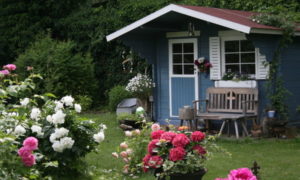Which boiler is better to choose for a private house?
A well-chosen boiler for heating a private house will ensure high-quality operation of the heating system.
But in order to avoid undesirable consequences by buying a boiler that does not meet the criteria of the house, you need to know the main indicators for choosing boilers, and take them into account when buying. Despite the wide selection of boilers for heating, knowing their main advantages will allow you to choose the best option.
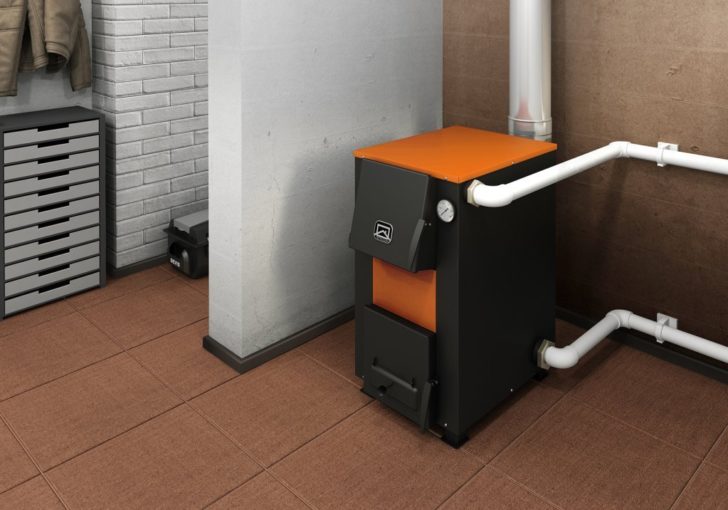
Boiler power
The heating system will work properly if the heater is selected correctly in relation to the power parameter. This indicator is determined by factors such as:
- climate features;
- square of the house;
- thermal insulation.
It is important to correctly calculate the power of the heating equipment in order to use this indicator in the future to analyze the compliance of the equipment with the thermal needs of the heated room.
Boiler classification
The buyer of heating equipment is presented with a large selection of types of boilers that differ not only in external data and cost, but also in the type of fuel consumed. That is why the main criterion for choosing boilers for heating is not the appearance, but the fuel material used by the device.
There are several types of equipment according to the fuel consumed:
- solid fuel;
- liquid fuel;
- electrical;
- gas;
- universal.
In order to choose the right boiler for heating, you need to analyze which particular energy carrier will be beneficial to install in a particular region. An important role in choosing a boiler is played by its safety in use. Given all the criteria for choosing heating devices, you can get the most rational view. There are many devices, each of which has a certain feature.
gas boilers
In private houses for heating it would be advisable to install appliances that run on gas.
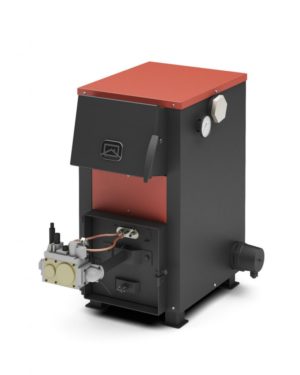
There are two categories of boilers: autonomous and volatile.
Autonomous boilers are prototypes of equipment and operate independently of the coolant. Boilers do not need to be provided with energy resources, except for gas. An autonomous device installed on the floor is very convenient to use; in the absence of electricity, the boiler continues to function in the same mode.
Energy dependent boilers. They include automatic mechanisms:
- thermostat;
- work timer with programming function;
- circulation pump;
- a detector that determines the level of carbon monoxide;
- shutdown system in case of malfunction.
At the time of the lack of electricity supply to the boiler, it completely loses its performance. When choosing this type of equipment, it is necessary to consider an alternative power source in advance so as not to defrost the batteries.
Gas boilers for heating are classified according to the installation method and the number of circuits.
Given the option of installing gas appliances, they are mounted and floor types.
Outdoor equipment is distinguished by a simple installation procedure, however, such a boiler must be located in a well-ventilated room. For the productive operation of the device, along with its installation, the installation of a water pump is required.
As for attachments, they are, of course, in great demand, despite the fact that they are significantly inferior in productivity to outdoor ones.
A feature of attachments is in its very design. If single-circuit devices perform only the function of heating the room, then two- and three-circuit devices provide for connection to the underfloor heating system and water supply.
Gas boilers for heating have a number of qualities:
- profitability;
- ease of consumption;
- durability.
The disadvantages of the equipment are:
- the cost of the device, it is usually not cheap;
- equipment repairs, too, will cost a decent penny;
- boilers for heating, provide for the presence of a special room that meets the standards for their installation.
Solid fuel heating appliances
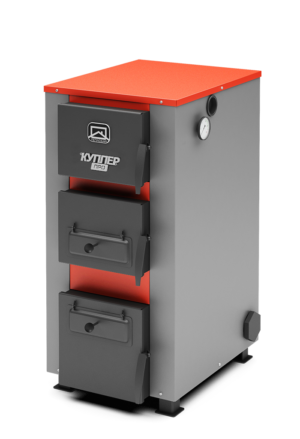
This type of boilers in the heating system of a private house has been used for a long time. A distinctive feature of such devices is the availability of fuel material. To choose a boiler for heating a house, you need to take into account its characteristics.
Boilers for heating are distinguished according to the type of fuel consumed:
- on pellets;
- on the corner;
- universal.
Given the parameters of the devices and their large mass, the boilers are installed on the floor. Their installation requires a horizontal concrete base. Since the combustion of solid fuel in boilers is uneven, manufacturers have provided for the installation of cast-iron heat exchangers. Batteries provide smooth heating of the coolant.
The benefits of coolants include:
- autonomy of boilers;
- material durability;
- term of use.
To the disadvantages:
- the need to allocate a separate room for the boiler and storage of fuel material;
- solid fuel equipment, provides for the mandatory presence of a chimney;
- the need for a concrete base.
Oil boilers
The fuel for the boilers is diesel. When installing liquid fuel equipment, it is possible to provide heat to any quadrature in a fairly short time. However, their use requires special vigilance. Liquid fuel is flammable, so safety precautions must be observed.
To warm up a private house with liquid fuel equipment, one cannot do without good ventilation in the room.
Advantages of liquid fuel appliances:
- simple installation;
- obtaining permits for its use is not required;
- liquid fuel appliances, can be easily adapted to gas.
Given the many advantages of equipment, there is a downside to using oil boilers:
- a lot of soot and exhaust gases are released;
- high operating costs.
Electric boilers
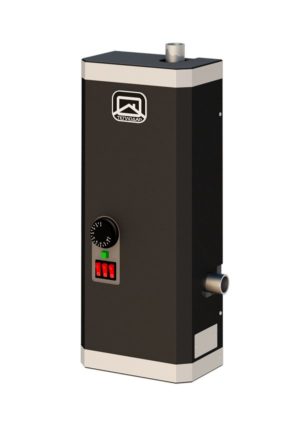
Electrical appliances are low cost. The main complaint about the use of an electric boiler is its power, which is not able to replace a full-fledged heating system in a large house.
A distinctive feature of an electric boiler (provided that the area of \u200b\u200bthe room is small) is:
- equipment availability;
- ease of use;
- there is no need to provide separate paving when using the equipment.
The disadvantage of electric boilers is as follows:
- high cost of electricity;
- the boiler is sensitive to even minor power failures.
Undoubtedly, the choice is very wide. And in order to get an answer to the question of which boiler is better to choose for a private house, you need to take into account each feature of the building and evaluate your financial capabilities. Then the boiler will heat your house for many years.








